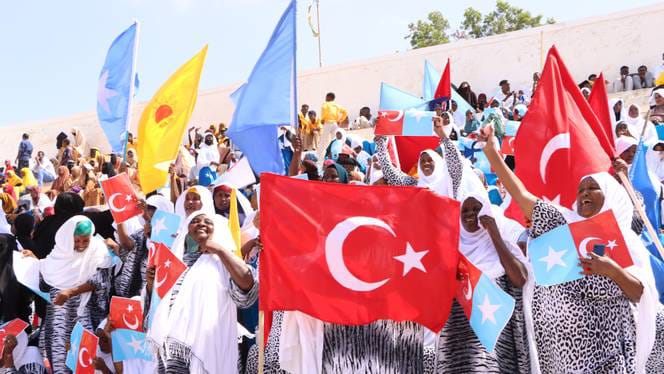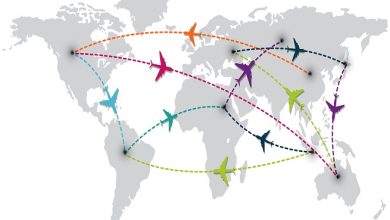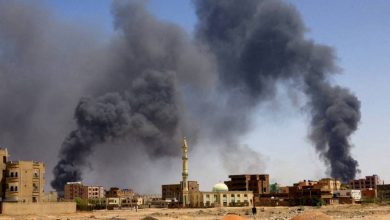Türkiye-Somalia Maritime Deal, Why it Matters for the Horn of Africa

Turkish Minister of National Defense Yasar Guler and his Somali counterpart met in Ankara recently to sign the Framework Agreement on Defense and Economic Cooperation.
On February 21, the Somali cabinet quickly approved the agreement, which facilitates the setting up of a joint naval force, with Türkiye committing to safeguard Somali waters for a decade and aiding in the advancement of maritime resources in the African nation.
The agreement not only offers a unique chance to uplift Somali-owned economic and security mechanisms but also has potential implications for the region, and international actors should support it.
International resources and flows are not unlimited, nor are they sustainable in the long haul. What should be expected from the deal, and how may it contribute to regional security as well as to the well-being of the people once it is put into practice?
The Horn of Africa has long been considered a region of significant importance in the great power politics during the Cold War due to its strategic location, which made it a proxy zone between the two superpowers.
Although its strategic importance diminished following the end of the Cold War, it gained renewed interest within the framework of the so-called global war on terror.
The region harbours the Red Sea and the Gulf of Aden on its shores, neighbouring Saudi Arabia and Yemen across the stream, and is a gateway to the Indian Ocean and a vital strait into the Red Sea.
The Horn of Africa witnessed some of the fiercest conventional warfare of the 20th century, such as the 1977–78 Ethiopia–Somali war and the 1999–2000 Ethiopia–Eritrea border conflict at the dawn of the millennium.
Yet, perhaps none of the political events in the region have had as transformative consequences as the disintegration of the Somali state in 1991 showcased.
What came after has presented two challenges for the international security architecture: the emergence of terrorism following the Ethiopian military intervention in Somalia in late 2006 and the piracy threat off the coast of Somalia and the Gulf of Aden.
These two phenomena imply that, in one way or another, unregulated violence is initially linked to how coercion has been utilised to establish order in the absence of a state of security.
The international community has invested hundreds of billions of dollars in Somalia’s state-building initiatives since 1991 and spent as much to tackle terrorism as well as piracy in the Gulf of Aden.
Of course, it is a challenging venture with its upsides and downs. Often, locally owned efforts go hand in hand with externally driven approaches, and the possibility of success and failure is always there.
However challenging they may be, they are nonetheless instructive for the next initiatives. Perhaps now is the time to explore alternative approaches and move forward in Somalia.



